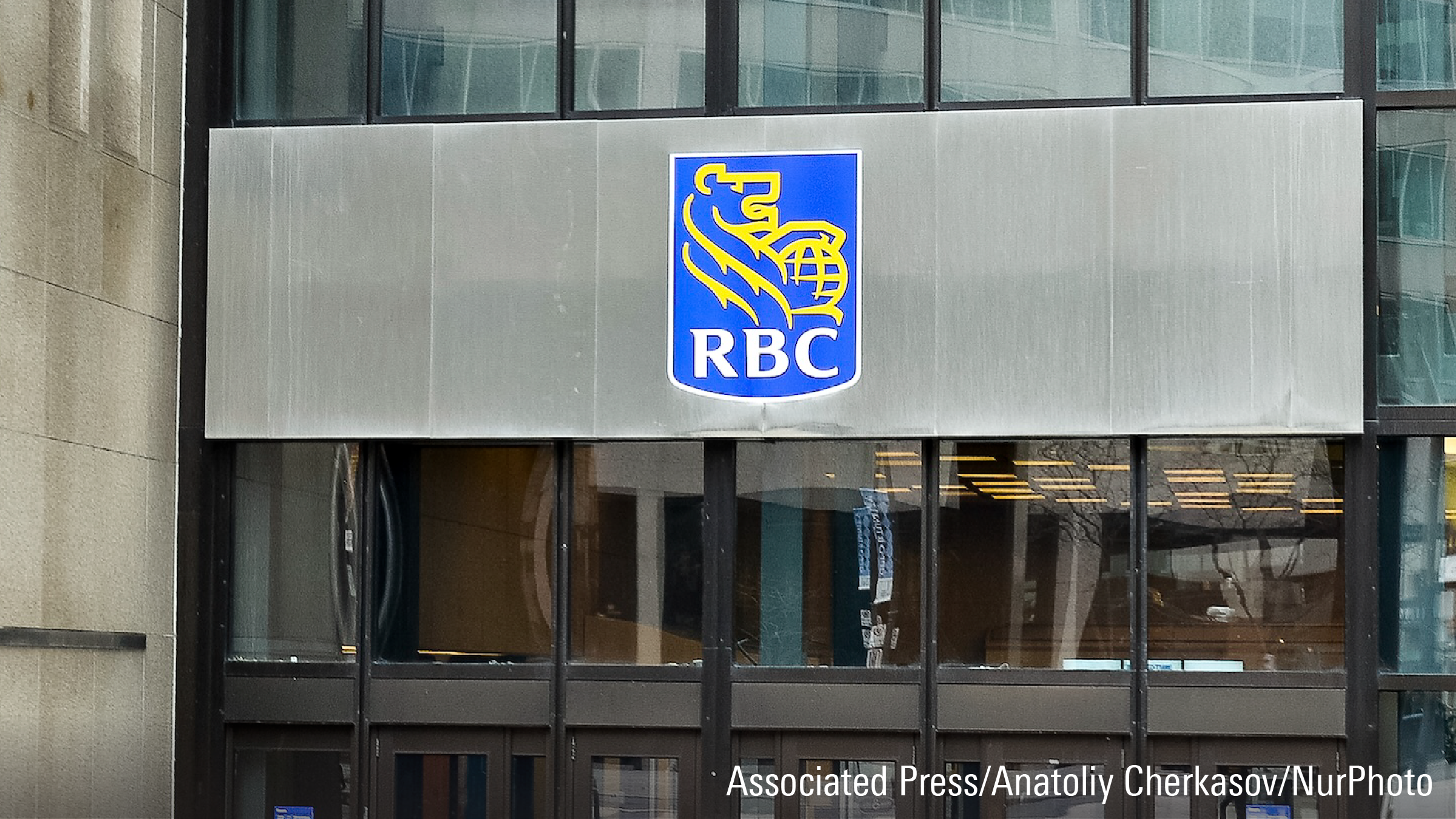The major market indices finished the week higher, reflecting solid second quarter earnings, improving economic conditions in Europe, and no "smoking gun" in the European stress test results.
Ultimately, markets are a reflection of what is happening in the corporate world. As such, last week's strong second quarter outweighed concerns over the recent soft patch in economic data. While there is no arguing that the pace of economic growth in the United States is slowing, the good news is that the economy continues to expand and should continue to do so through next year.
While the pace of the recovery has been disappointing, the simple fact is that over the past three quarters, the expansion has averaged about a 3.5% growth rate, which happens to be well above the 2.8% trend line growth average since 1980.
While we continue to believe the economy remains in the process of transitioning from the recovery stage to the expansionary phase, this process rarely happens in a straight line and potholes and speed bumps are almost always evident on the road to recovery. There continues to be a lot of talk over whether a double-dip recession is forming in the U.S. While anything is certainly possible, the probability of such an event remains low.
Interestingly, only a couple of months ago, Europe was seen as the weak link in the global recovery; that, however, seems to be in the process of reversing. In fact, while the economic data in the U.S. appears to have hit a soft patch, the data coming out of Europe has generally been well ahead of expectations. This renewed strength in Europe has also started to allay fears of a global double-dip recession.
| Index | Closing Price 7/23/2010 |
Week Ending 7/23/2010 |
Year to date through 7/23/2010 |
||
 |
|||||
| Dow Jones Industrial Average | 10424.62 | 3.24% | -0.03% | ||
| Wilshire 5000 Total Market | 11389.45 | 3.87% | -0.28% | ||
| S&P 500 | 1102.66 | 3.55% | -1.12% | ||
| NASDAQ Composite | 2269.47 | 4.15% | 0.01% | ||
| S&P/TSX Composite | 11714.21 | 1.25% | -0.27% | ||
 |
|||||
Q2 earnings summary. As of Friday, 175 members of the S&P 500 have reported quarterly results, with overall earnings up 58.4% on a year-over-year basis. More than 78% of the companies have beaten analyst expectations while only 13% have fallen short. While still early in the reporting season, the "beat" rate is significantly better than the historical 61% average. Revenues are up 8.8% so far in the quarter. Interestingly, the technology sector has shown very strong top-line results (+28.3%) with 76% of the companies beating top-line expectations. This is important because at 19.1%, the Technology sector carries the heaviest weighting in the S&P 500.
Overall quarterly results are being fuelled by the technology, financials and consumer discretionary sectors. When all is said and done, second-quarter earnings for the S&P 500, according to Bloomberg data, are expected to rise 41.6%.
Of particular interest were strong results from companies like 3M ![]() MMM, UPS
MMM, UPS ![]() UPS and Caterpillar
UPS and Caterpillar ![]() CAT. These companies are very well diversified on a global basis and are looked to as proxies for the underlying health of the global economy. All three companies exceeded analysts' expectations and issued upbeat forward outlooks. Also noteworthy were the very strong results from Apple
CAT. These companies are very well diversified on a global basis and are looked to as proxies for the underlying health of the global economy. All three companies exceeded analysts' expectations and issued upbeat forward outlooks. Also noteworthy were the very strong results from Apple ![]() AAPL. The company's earnings were well ahead of Street expectations, and company management issued upside guidance on forward revenues. Since Apple's products are mostly sold within the consumer channel, the company's results tend to be a good barometer for consumer sentiment.
AAPL. The company's earnings were well ahead of Street expectations, and company management issued upside guidance on forward revenues. Since Apple's products are mostly sold within the consumer channel, the company's results tend to be a good barometer for consumer sentiment.
Bernanke testimony. Twice a year Ben Bernanke, Chairman of the U.S. Federal Reserve, is required by law to testify to Congress on monetary policy. This year's testimony contained no real surprises, although the term "unusually uncertain" used to describe the current economic outlook was not well received. The phrase was interpreted as a confirmation that the economic outlook has weakened significantly. While the content of the report was very similar to recent updates from the Fed, investors appeared disappointed that Bernanke offered no specific game plan to help resurrect the economy.
Stress tests. On Friday the results from the long awaited stress tests on 91 European banks were released. The results were generally good with 84 out of the 91 passing. The tests were being done to assure investors that European banks are strong enough to weather an unexpected decline in economic growth or a sharp deterioration in the value of European government bonds.
The fact that some banks failed the test was not surprising because if all banks were allowed to pass, the credibility of the underlying tests would be questioned. The seven banks that failed will now be required to raise new capital to shore up their finances. The debate over the validity of these tests will likely be called into questions in the same way the U.S. stress tests were scrutinized.
Regardless of their validity, the stress testing in the U.S. instilled underlying confidence in the banking system and in hindsight proved to be a crucial turning point for the financial sector.
China back in the saddle. China's Shanghai Composite Index gained for five straight sessions last week, adding 6.1% for the week. The gains likely reflected speculation that the government will begin to ease its foot off the brakes and let the economy start growing again. This is good news as China continues to be looked to as the engine of global economic growth.
Shipping index stops sinking. In another sign the global economy may be stabilizing, the Baltic Dry Index, which measures shipping prices for things liked coal and other raw materials, advanced for a sixth straight session. This follows a string of 35 consecutive down days. Historically, the Baltic Dry has been a pretty good barometer of global economic activity.
Looking ahead: This will be the peak week for earnings with approximately 160 members of the S&P scheduled to report. The economic calendar will also be a focal point with reports on new home sales, consumer confidence, durable goods orders, the Beige Book and the initial reading of the second-quarter GDP.















